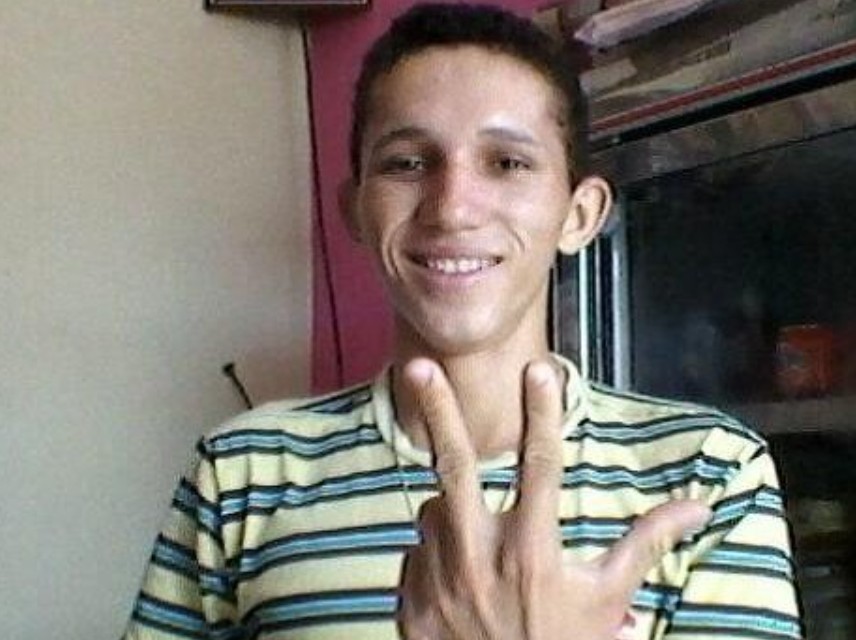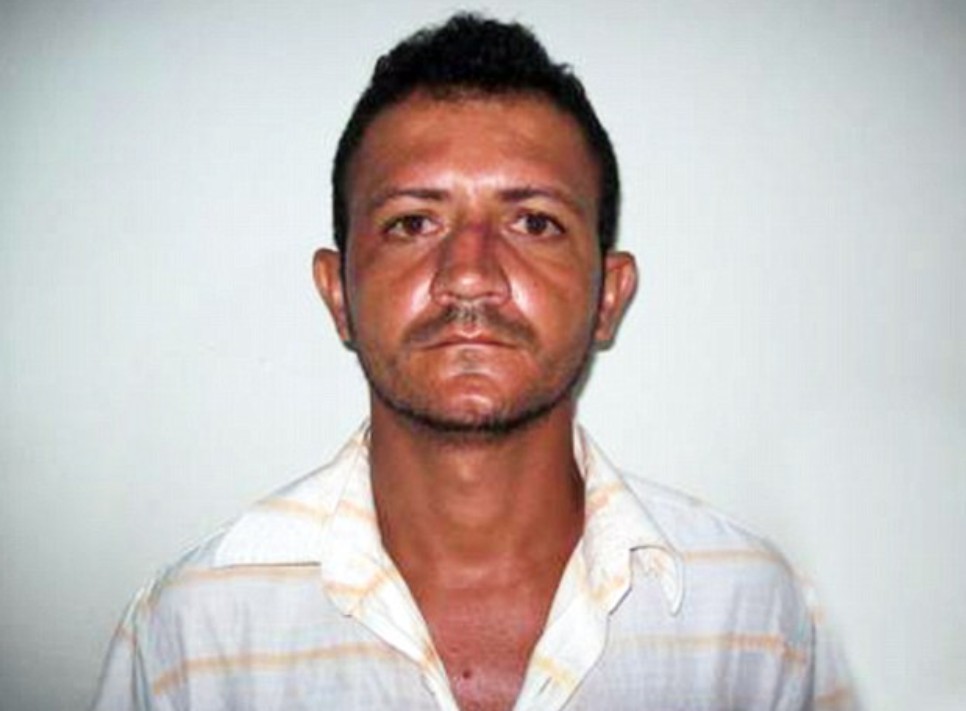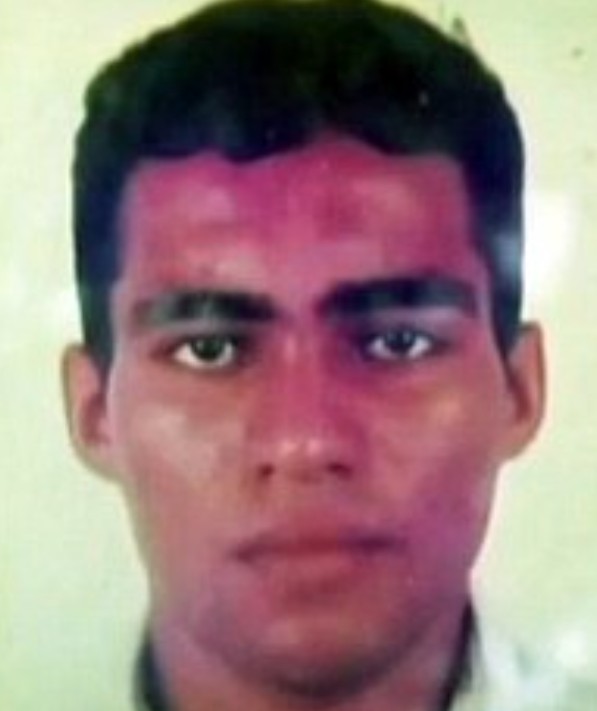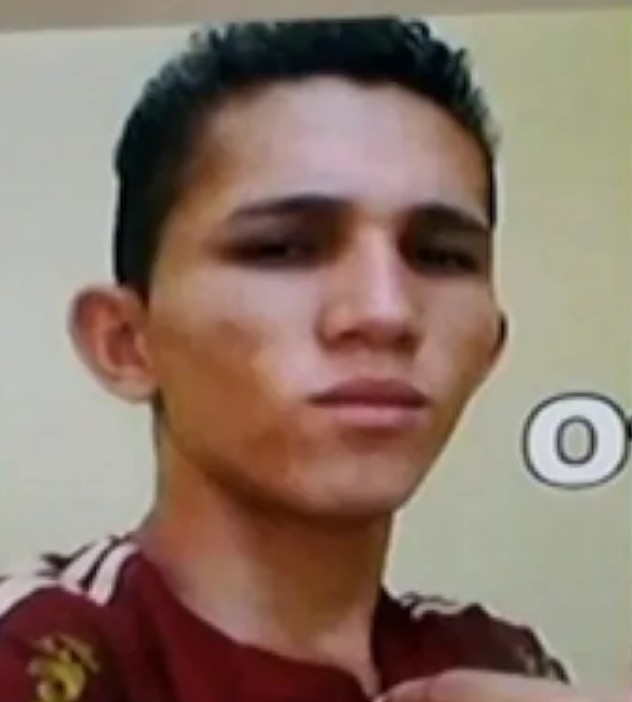In a horrifying incident that has shocked the world, a local soccer match in Brazil turned into a bloody tragedy involving murder, mob violence, and a public decapitation. The amateur match, which should have been a casual display of athleticism, spiraled into a grotesque scene of death and revenge. At the center of this story were two men: referee Otavio da Silva Catanhede Jordan, and soccer player Josenir dos Santos Abreu.

The events that transpired on that field in Pio XII, a town in the northern state of Maranhão, revealed the dark underside of sports passion and mob mentality, raising grave concerns about violence in amateur athletics and the rule of law in Brazil.
Contents
The Match and the Spark
On what began as an ordinary afternoon, a local amateur soccer match was underway. Tensions were high, as is common in passionate matches across Brazil. During the course of the game, referee Otavio da Silva, a 20-year-old official, made a controversial decision: he penalized and ordered the expulsion of player Josenir dos Santos Abreu from the match.

The call enraged Abreu, who angrily confronted Jordan on the pitch. What started as a verbal disagreement escalated into a physical altercation. In a shocking turn of events, Jordan pulled a small pocketknife an item he had brought with him to the game—and stabbed Abreu multiple times.

Eyewitnesses reported that the crowd watched in stunned silence as Abreu collapsed on the field. He was quickly rushed to a nearby hospital, but he succumbed to his injuries en route. The 31-year-old player died from multiple stab wounds, sending shockwaves through the spectators, many of whom were family members and friends.

Mob Justice and Video
In the immediate aftermath of Abreu’s death, the scene turned into chaos. Fueled by grief, rage, and a sense of injustice, a group of Abreu’s friends, family members, and fans stormed the pitch. Their target: Otavio da Silva.
Full video of Otavio Jordao da Silva
otavio-jordao-da-silva-video.mp4
According to reports by Brazilian authorities and international media, the enraged mob attacked Jordan with stones and blunt objects. What followed was not just a lynching, but an act of unthinkable brutality. The mob overpowered Jordan, beat him to death, and dismembered his body on the field. In a final, gruesome act of vengeance, they decapitated the young referee and placed his severed head on a stake in the middle of the soccer field.
This horrific act was not only witnessed by spectators but was also reportedly captured on video, further amplifying the global outrage.
The macabre symbolism of placing Jordan’s head on a stick was interpreted as a twisted form of “soccer vengeance”—a violent response to what was perceived as an unjust act of authority on the field.
Official Response and Legal Ramifications
The Brazilian authorities responded swiftly. Maranhão’s Chief of Police, Valter Costa, held a press conference stating:
“We will identify and hold accountable all those involved. A crime will never justify another. Actions like this do not collaborate with the legality of a state governed by law.”
According to Costa, several suspects had already been identified through eyewitness accounts. Investigations were underway to determine who participated in the attack, who organized the lynching, and whether any local authorities failed to intervene in time.
The Maranhão State Department of Public Safety confirmed the timeline: the referee’s stabbing of Abreu, the player’s death, and the subsequent public lynching of the referee all occurred within a short span of time during and after the match.
While law enforcement condemned the actions of both Jordan and the mob, officials emphasized that mob justice cannot and will not be tolerated in Brazil, regardless of provocation. Brazil’s legal system does not allow for vigilante actions, no matter how heinous the initial crime.
A Broader Look at Violence in Sports
The incident sparked international outrage and ignited a critical conversation about violence in amateur and professional sports. Brazil, a country where soccer is more than just a game—it is a national passion—has long struggled with fan aggression, lack of oversight in grassroots games, and poor security measures at local events.
Violence in sports isn’t unique to Brazil, but the nature of this incident—where both the referee and the player lost their lives—was particularly jarring. It brought into question the psychological pressure on referees, the lack of security protocols, and the volatile emotions that often surface in competitive environments.
The horrifying case also drew comparisons to another incident in the United States just weeks earlier, where a 17-year-old soccer player in Utah punched a referee during a match. The referee, Richard Portillo, fell into a coma and died a week later. Though different in context and scale, both incidents underscored the dangers faced by referees and officials at all levels of the sport.
National Security Concerns Ahead of Global Events
At the time, Brazil was preparing to host two of the world’s biggest sporting events: the 2014 FIFA World Cup and the 2016 Rio de Janeiro Olympics. The tragic incident raised concerns about whether Brazil was ready to ensure the safety of athletes, officials, and tourists.
The Confederations Cup, a precursor to the World Cup held in June 2013, had already seen waves of anti-government protests over public spending and inequality. Violent clashes with police dominated headlines, and the gruesome soccer murder further dented Brazil’s image on the global stage.
In the wake of the incident, sports and government officials pledged to increase security and implement reforms in grassroots sporting events. But critics argued that systemic issues like corruption, lack of infrastructure, and social inequality would continue to plague the country’s sports culture.
Tragic Losses and the Cycle of Violence
At the heart of the story are two men who should still be alive: Josenir Abreu, a passionate athlete, and Otavio da Silva, a young man entrusted with enforcing the rules of the game. One moment of anger led to a fatal decision, and that act of violence spiraled into public savagery.
The families of both men are left mourning, each grappling with grief, confusion, and regret. Abreu’s family lost a beloved brother and son, while Jordan’s family lost him in the most brutal and public way imaginable.
The tragedy also left a lasting impression on the community. Children, friends, and fans who came to enjoy a soccer match instead witnessed a double murder. For many, it was a scarring reminder of how quickly emotion can turn into irreversible violence.
The murder of Josenir Abreu and the gruesome lynching of Otavio da Silva serve as a sobering reminder of the fine line between justice and vengeance. While Jordan’s actions in stabbing Abreu were undeniably criminal and tragic, the mob’s retaliation only deepened the horror and showcased the danger of collective violence.
Brazilian officials, sports associations, and communities must now reflect on this tragedy and take urgent steps to prevent such an incident from ever happening again. The solution lies not just in better policing or rule enforcement, but in cultivating a culture of respect, restraint, and lawful accountability on and off the field.




